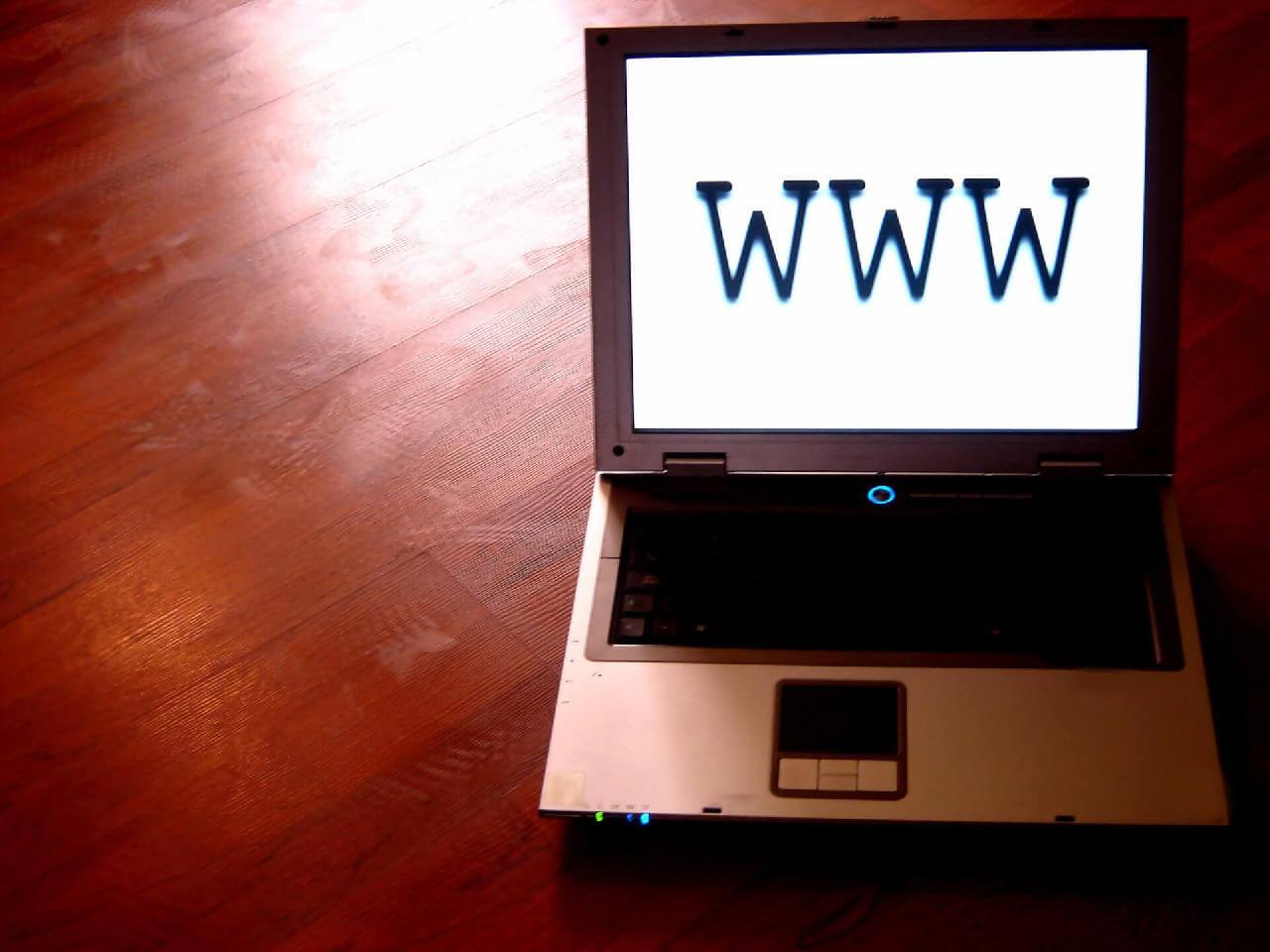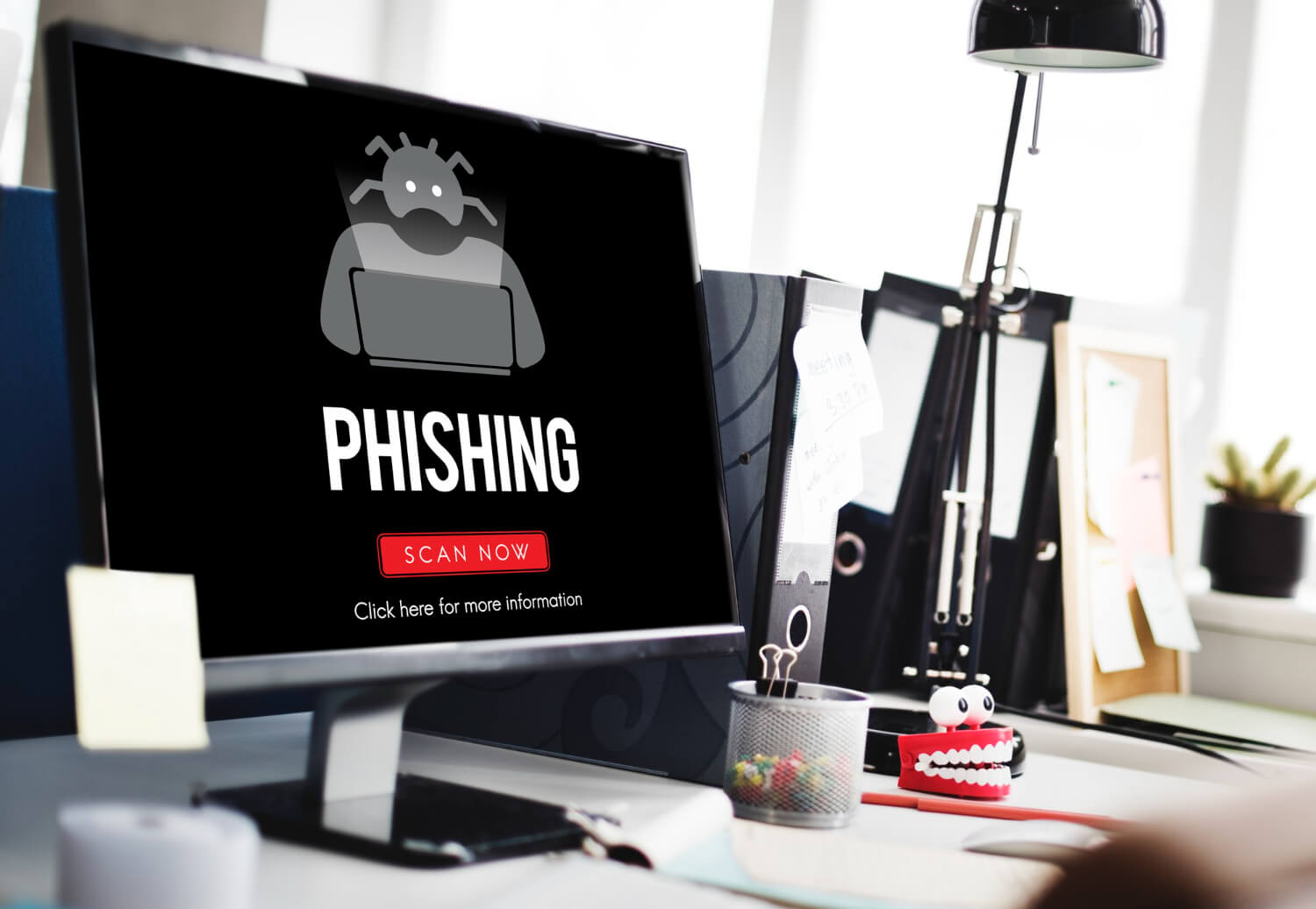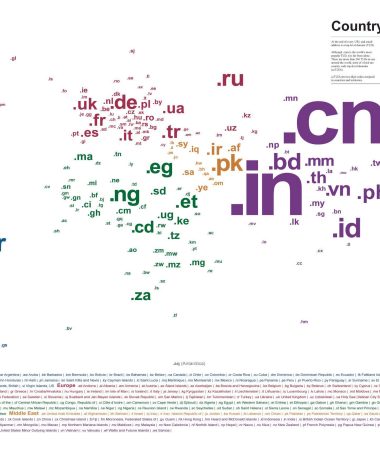The internet is a vast expanse of virtual real estate, and just like physical real estate, some locations are more desirable than others. One of the first steps in establishing an online presence is registering a domain name. But what if the domain name you want is already taken? Or what if you want a high-value domain name but can’t afford the upfront costs? One possible solution is domain name leasing.
What is Domain Name Leasing?
Domain name leasing is an arrangement in which the owner of a domain name (the lessor) grants the right to use the domain name to another party (the lessee) for a specified period, in return for a fee. It’s similar to leasing a car or an apartment; you get to use it but don’t own it outright.
Why Lease a Domain Name?
Affordability : High-value domain names can cost tens or even hundreds of thousands of dollars to purchase outright. Leasing offers a way to gain the benefits of a premium domain name without the large initial investment.
Test Before You Invest: If you’re launching a new business or product, leasing allows you to test the waters without committing a significant amount of money.
Flexibility: Lease terms can be as short as a few months or extend for several years. This allows businesses the flexibility to adapt to changing circumstances.
How Does Domain Leasing Work?
Initial Agreement: Both parties agree on the terms of the lease, including the length and the leasing fee. Contracts are often used to formalize these terms.
DNS Settings: The DNS settings of the domain name are configured to point to the lessee’s website. This enables the lessee to use the domain name as if they owned it, for the duration of the lease.
Lease Payments: Payments are made according to the terms of the agreement. Non-payment typically results in the domain reverting back to the lessor.
End of Lease: At the end of the lease, the lessee usually has the option to renew the lease, purchase the domain outright, or walk away.
Legal and Contractual Considerations
Due Diligence: Before entering a leasing agreement, both parties should engage in due diligence. Check the lessor’s history and reputation to ensure that they are the legal owner of the domain name.
Contract: A legally-binding contract should outline the terms of the agreement, including payment schedules, lease duration, and what happens in the case of disputes or non-payment.
Intellectual Property: Since the lessee doesn’t own the domain name, they should be cautious when building brand equity around it. A failure to renew the lease could result in the loss of any intellectual property associated with the domain name.
Risks and Challenges
Price Fluctuations: The value of domain names can fluctuate. What seems like a fair leasing price today may not be the case in a few years.
Dependency on Lessor: Your online presence will be tied to the good faith and reliability of the lessor. Make sure to protect yourself legally to minimize risks.
Yes, you can definitely lease a domain name. It offers an alternative path for businesses and individuals to access high-quality domain names that they may not otherwise be able to afford. However, like any contractual agreement, it comes with its own set of rules, risks, and considerations.
By thoroughly understanding the intricacies of domain name leasing, conducting proper due diligence, and consulting with legal experts, you can benefit from this versatile arrangement without falling into common pitfalls.
So, if you’ve found the perfect domain name for your project but find that it’s already taken or too expensive, consider reaching out to the owner to discuss the possibility of a lease. You just might find that it’s the perfect solution for your needs.
Can You Sublease a Domain Name?
Subleasing a domain name would entail a lessee further leasing the domain to another party. While this is theoretically possible, it would heavily depend on the terms of the original lease contract. Many contracts explicitly forbid subleasing unless permission is obtained from the original lessor.
How Are Payments Typically Structured?
Lease payments can be structured in various ways but are commonly set up as monthly or annual payments. Some leases might also include an upfront fee in addition to regular payments.
What Happens if Either Party Breaches the Agreement?
The consequences of a breach of contract depend on the terms laid out in the agreement. Typically, if a lessee fails to make scheduled payments, the domain will revert back to the lessor. If the lessor breaches the terms, they might be subject to legal action, and financial penalties may be levied.
Can You Opt to Buy the Domain at the End of the Lease Period?
Many domain name leasing agreements include an option to purchase at the end of the lease term. This is known as a lease-to-own option. The contract will specify the conditions under which the lessee can choose to buy the domain, including the purchase price.
Is Domain Leasing Common?
Domain leasing is increasingly common, especially for high-value domain names. Many companies prefer to lease a premium domain name rather than make a large upfront investment, particularly if they are a startup or are testing a new market.
The Pros and Cons Recap
Pros:
Lower upfront costs compared to purchasing a domain name outright.
Flexibility to change domain names without substantial financial loss.
Opportunity to test a business concept before making a larger investment.
Cons:
You don’t own the asset, so you build equity on something you don’t own.
Potential for fluctuating lease prices.
Dependency on the lessor for maintaining the domain name settings and adhering to the contract.
Tips for a Successful Domain Lease
Research Thoroughly: Always carry out comprehensive due diligence on the lessor or lessee.
Consult Professionals: Legal and financial advice can help ensure that the contract is sound and beneficial to you.
Negotiate Terms: Don’t settle for the first offer. Always negotiate terms to better suit your needs.
Read the Fine Print: Always read the contract thoroughly, and understand all terms and conditions before signing.
Have an Exit Strategy: Plan for what you will do at the end of the lease. This could be renewing the lease, purchasing the domain, or transitioning to another domain.
Leasing a domain name is not just possible but also increasingly popular as a strategic move for businesses and individuals. While it offers a more affordable and flexible route to using a premium or otherwise unavailable domain name, it’s not without its complexities and risks. Therefore, understanding the legal intricacies and conducting thorough due diligence are key to a successful domain name leasing experience.
By equipping yourself with the right knowledge and surrounding yourself with experienced professionals, you can navigate the world of domain leasing effectively. Whether you’re a lessor or a lessee, a well-negotiated domain lease can provide you with the opportunities you’re looking for, without the burden of high upfront costs.
Top 10 Platforms for Safely Leasing Your Domain Name
The concept of domain name leasing is becoming increasingly popular, allowing domain owners to monetize their unused or premium domains and enabling businesses or individuals to access high-quality domains without the huge upfront investment.
However, safely navigating the domain leasing landscape can be a complex endeavor. This is why a number of platforms have emerged to facilitate secure and efficient domain leasing transactions. Here is a list of the top 10 platforms where you can lease your domain in a safe manner.
- Sedo: Sedo is one of the largest domain name marketplaces in the world. It offers a domain parking feature that allows you to generate revenue through your domain name while waiting for a buyer or lessee. With a robust search engine, potential lessees can easily find your listed domain, and the platform also provides negotiation and legal services to facilitate the leasing process.
- Dan.com: Dan.com focuses on providing a seamless and secure domain trading experience. It offers a lease-to-own option, where the lessee can opt to purchase the domain at the end of the lease term. Payments are held in escrow until the terms of the lease are fulfilled, adding an extra layer of security.
- Epik: Epik offers a domain leasing service called “Domain Leasing 2.0,” which aims to make domain leasing as easy as possible for both lessors and lessees. They provide a secure payment gateway, legal support, and even marketing services to help promote your domain.
- LeaseMyDomain.com: LeaseMyDomain.com specializes solely in domain leasing, offering a range of customizable lease terms. The platform provides various protections for both parties, including legal contracts and secure payment processing.
- Flippa: While Flippa is primarily known for its website and online business marketplace, it also has a robust domain leasing section. Like other platforms, it offers secure payment options and the ability to set customized leasing terms.
- Afternic: A veteran in the domain name industry, Afternic offers a full suite of services for both buying and leasing domain names. Their network is extensive, giving your domain name maximum visibility. They also provide a secure escrow service to ensure payments are secure and transparent.
- NameSilo: NameSilo offers a marketplace that includes domain leasing options. They provide robust security features like two-factor authentication and also offer a domain revenue program where you can earn money from ad traffic while your domain is listed for lease.
- GoDaddy Domain Auctions: GoDaddy is a household name when it comes to domain registration, but they also offer domain auctions where leasing is an option. GoDaddy’s reputation adds credibility, and they also offer a secure payment escrow service.
- Efty: Efty is designed for domain investors and provides a range of tools for leasing and selling domain names. They offer customizable landing pages for your domains, making it easier to market them for leasing, and a secure payment system.
- Bodis: Bodis offers a domain parking service where you can earn revenue through ad clicks as well as a marketplace for domain leasing. They have a straightforward setup and provide real-time statistics so you can see how your domain is performing.
If you’re considering leasing your domain name, choosing a reputable and secure platform is essential for a smooth transaction. Each platform has its own unique features and advantages, so your choice might depend on your specific needs—be it maximizing visibility, having secure escrow services, or offering flexible leasing terms.
Always perform your own due diligence and possibly consult with legal professionals to ensure that your domain leasing experience is as safe and profitable as possible.










